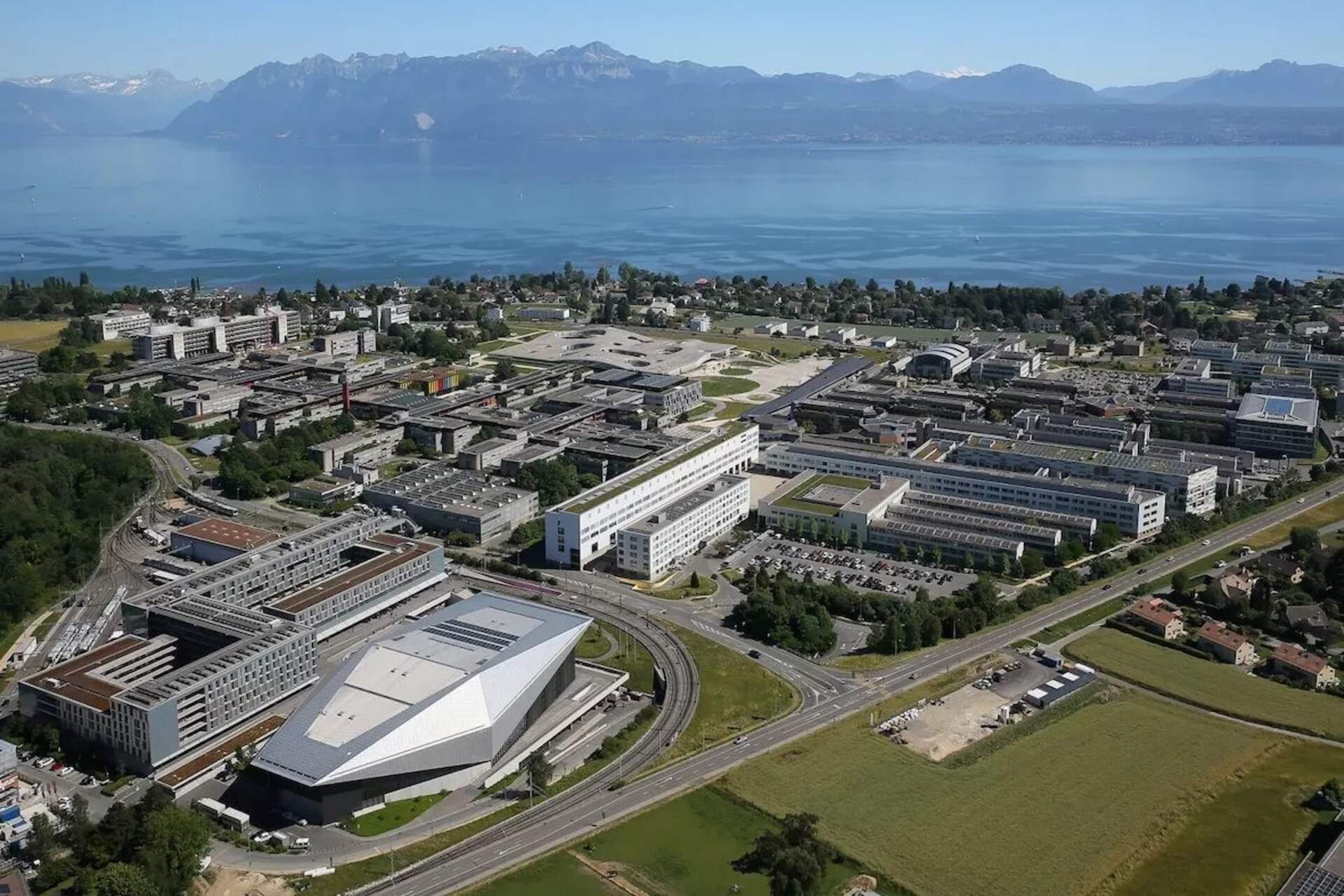In Switzerland the Federal Polytechnics for transparent and reliable AI
EPFL and ETH's "Swiss AI Initiative" will make Switzerland a leading global hub for developing and implementing Artificial Intelligence

The Polytechnic University of Zurich and the Polytechnic University of Lausanne launch the "Swiss AI Initiative", an entirely Swiss project whose aim is to position Switzerland as a global hub and leader for the development and implementation of transparent and reliable Artificial Intelligence.
In February 2024 the new Alps supercomputer will enter into operation at the National Supercomputing Center (CSCS) in Lugano, in the Canton of Ticino.
Equipped with 10.000 new generation graphics processing units or GPUs, Alps is one of the most powerful computers in the world and was developed specifically to meet the needs of applications in the field of Artificial Intelligence.
This new calculator gives Swiss scientists access to computing power that is only available to the world's largest technology companies.
Artificial intelligence is the ideal liaison between Bern and Rome
Artificial Intelligence is (also) a revolution in photo editing
“The assistant's assistant” already lives in Artificial Intelligence
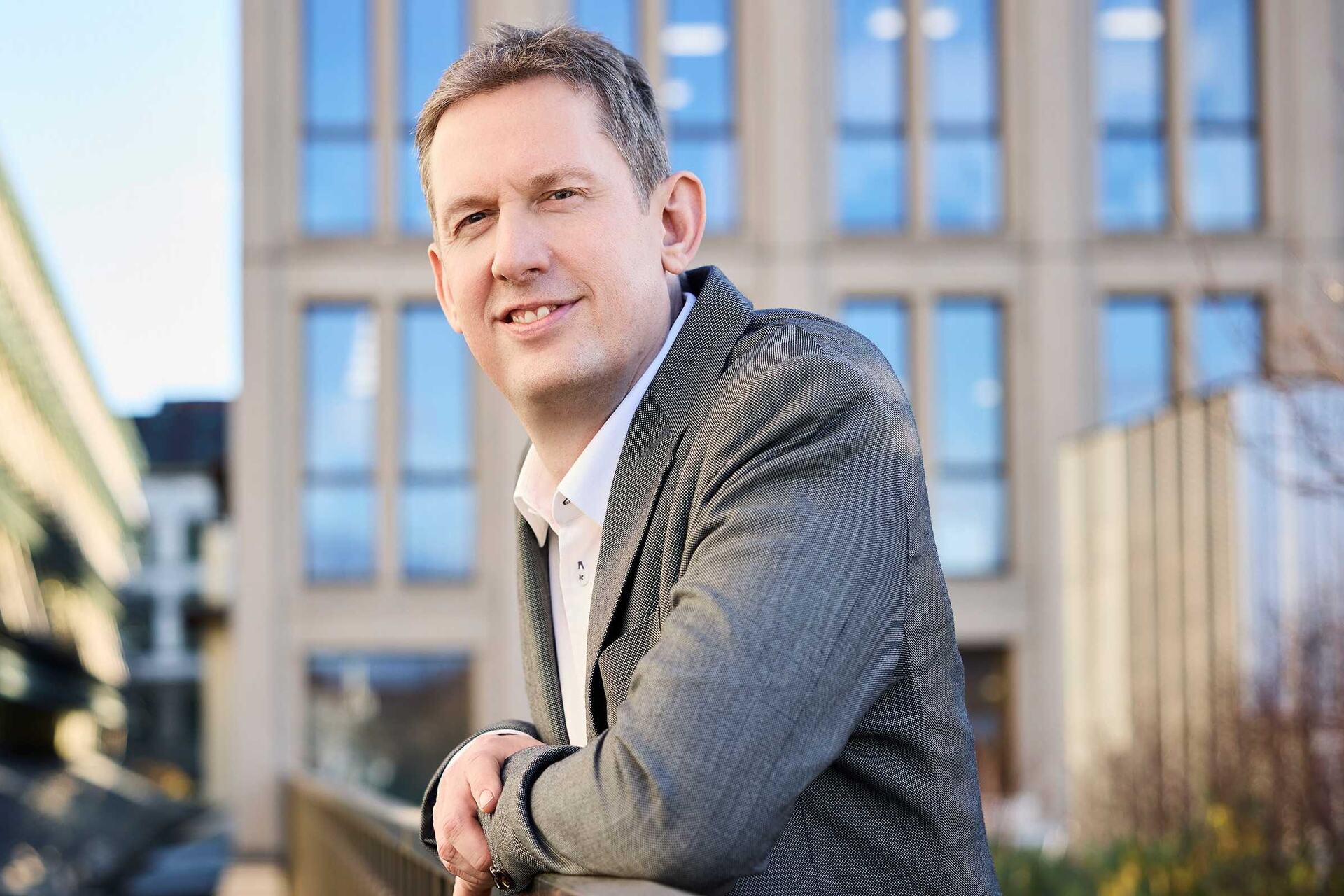
(Photo: ETH)
A technological advantage to also protect the digital sovereignty of the Confederation
The new supercomputer therefore offers Switzerland a significant competitive advantage over its international rivals.
In fact, supercomputing infrastructure is in short supply across the world due to the rapid development of generative AI and, where available, it is mostly owned by a few large multinationals.
“With this joint initiative we want to leverage our location advantage and make Swiss AI expertise transferable to society as a whole”, explains Christian Wolfrum, Vice President of ETH Zurich for Research.
“Science must take on a pioneering role in such a forward-looking field, rather than leaving it to a few multinationals. Only in this way can we guarantee independent research and Switzerland's digital sovereignty."
NEOM and McLaren: Artificial Intelligence in the colors of motorsport
Russo-Ukrainian War: Is Artificial Intelligence Making a Difference?
Michael von Liechtenstein on geopolitics and artificial intelligence
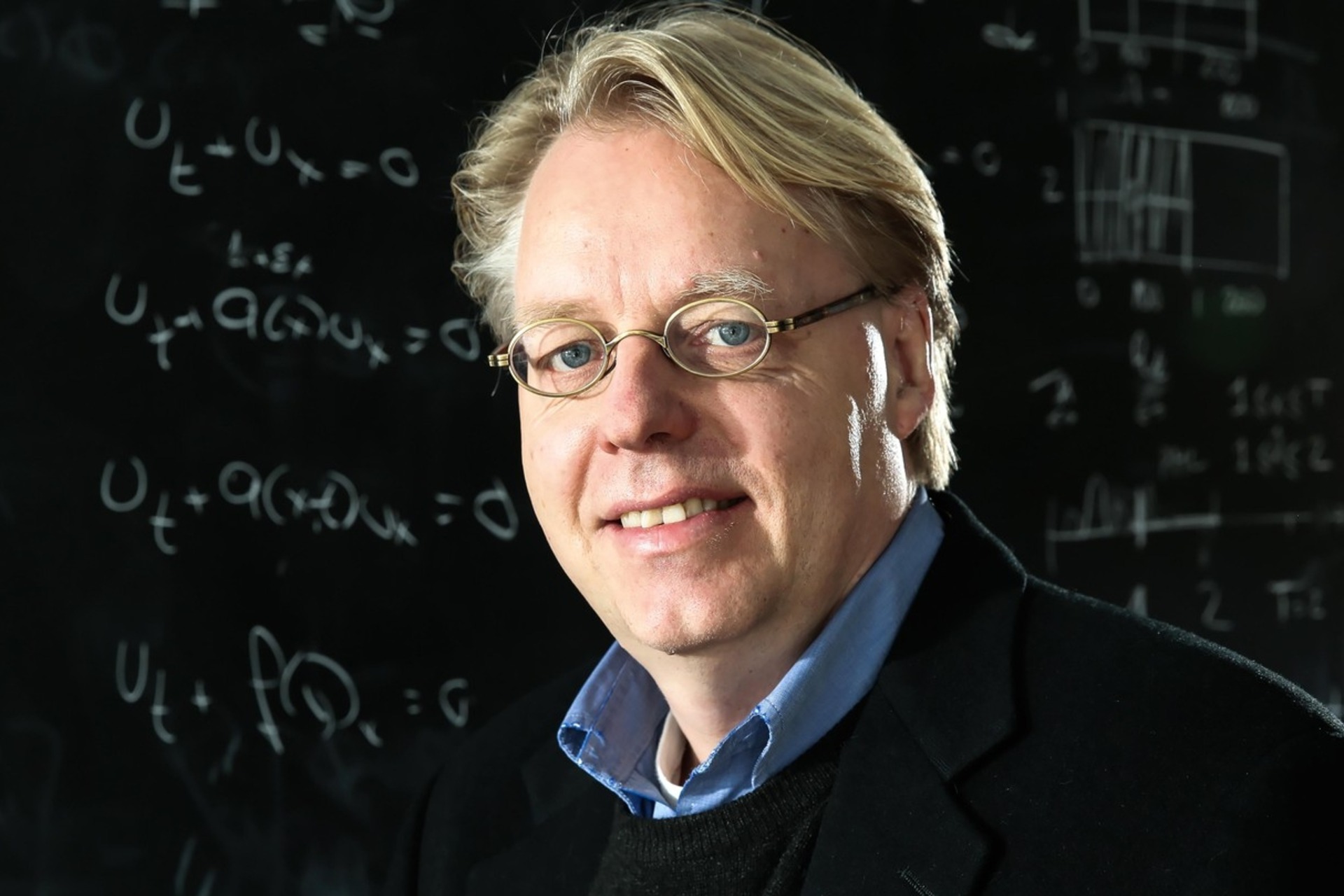
(Photo: EPFL)
Clarity and Open Source in training new large language models
The goal of the initiative is to develop and train new large language models, acronym LLM.
These must be transparent, provide understandable results and ensure compliance with legal, ethical and scientific criteria.
“Unlike large language models that are generally available in the public domain today, the Swiss Artificial Intelligence Initiative places a strong emphasis on transparency and open source. Everyone needs to be able to understand how the models were trained, the type of data used, and how the results were retrieved", points out Jan Hesthaven, Rector and Vice President for Academic Affairs of EPFL.
If Artificial Intelligence is the best friend of our children…
Thanks to ChatGPT Artificial Intelligence communicates with society
And Italy gives the green light to the plan for artificial intelligence
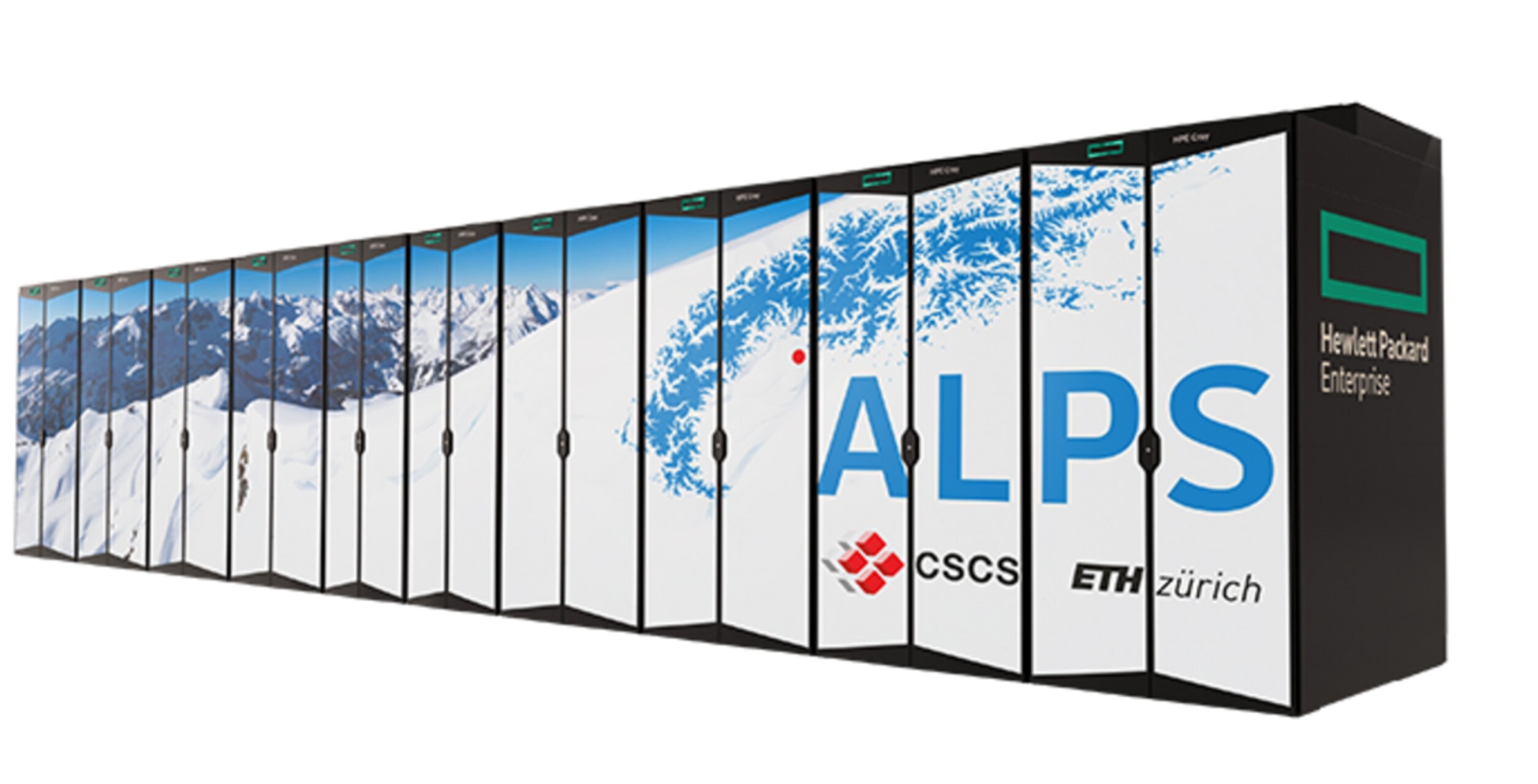
Like the computing power of a single GPU running at full load for over 1.100 years
To develop such models, the “Swiss AI Initiative” will use ten million GPU hours on the new Alps computer over the next 12 months, equivalent to the computing power of a single GPU operating at full load for over 1.100 years.
The Swiss Confederation is therefore the first country in the world to manage a research infrastructure on the new generation NVIDIA Grace Hopper Superchip.
Artificial intelligence and conflicts in a collection of unpublished essays
From Artificial Intelligence a decisive boost to cryptocurrencies?
Swiss competence network for artificial intelligence
The Swiss AI initiative is already operational for robotics, medicine, climate science or diagnostics
This additional computing capacity will be used to develop new industry-specific AI core models, for use in areas as diverse as robotics, medicine, climate science or diagnostics.
Furthermore, the Initiative will also explore fundamental questions in the development and use of Artificial Intelligence models, some of which can be brought up as an example with a question.
What form will the future interaction between humans and Artificial Intelligence take? What is the appropriate ethical framework? How to manage data security and privacy? What new approaches can be used to scale models and make them more energy efficient?
Virtual Reality and Artificial Intelligence: the AI Metaverse Coderblock
Thus Artificial Intelligence at the service of Sauber Alfa Romeo
The NITD is the new German initiative for Artificial Intelligence
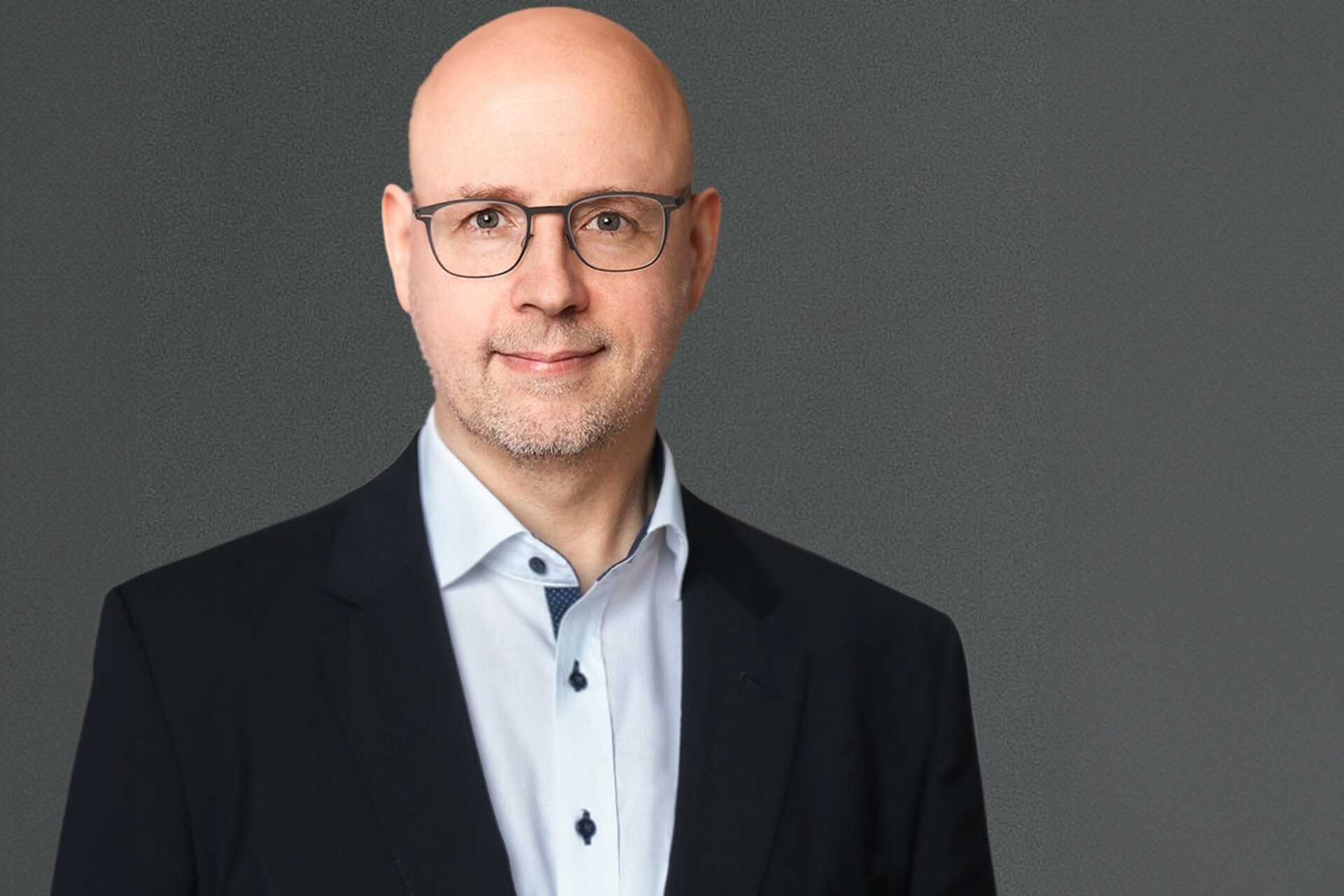
(Photo: Swisscom)
Gerd Niehage of Swisscom: “An important milestone in the digital future of our country…”
The “Swiss AI Initiative” has set itself the objective of bringing together science, industry and politics to collaborate on the definition and promotion of the development and use of Artificial Intelligence in Switzerland.
Existing partnerships with companies, hospitals and public bodies will be further expanded.
Gerd Niehage, CTO of Swisscom, commented: “Here at Swisscom we welcome the 'Swiss AI Initiative', especially because we are convinced that it will be an important milestone in our country's digital future. It accelerates digital transformation and creates new capabilities that Switzerland needs to play a dominant role in generative Artificial Intelligence.”
And yet: “For Swisscom, Artificial Intelligence solutions such as the 'Swiss AI Initiative' are a key element of innovative digital solutions that our customers can trust.”
The software infrastructure, accumulated experience and basic models developed in Switzerland should be transferable as openly and directly as possible to society and industry.
To remain competitive, SMEs will also have to rely increasingly on the use of AI in the future.
Like public services, they will be able to benefit directly from the open “Swiss Ai” initiative.
Furthermore, it is developing a program to support start-ups in the Artificial Intelligence sector.
More efficient genetic repairs with Artificial Intelligence
In Lucerne there is a new hub for Artificial Intelligence
Artificial intelligence to decipher the mysterious Cypro-Minoan

Bringing together 12 universities and 75 teaching staff with the network of 40 ELLIS European hot spots
ETH Lausanne and ETH Zurich operate their own AI centers which will in future work closely together with the Swiss Data Science Center to conduct world-class interdisciplinary AI research.
This initiative aims to pool the expert knowledge of a dozen Swiss universities, polytechnics and research institutes.
In recent months, over 75 professors from all over the Confederation have joined the initiative.
Furthermore, other international researchers have also been invited to collaborate on the development of multilingual and cross-border open source LLMs.
ETH and EPFL are already members of ELLIS, the European AI Network of Excellence, which includes around 40 AI hot spots in Europe.
"Ethics of artificial intelligence", a timeless book
Here's how Google's Artificial Intelligence wins every challenge
Water, grass and humanity: the cognitive limits of Artificial Intelligence

You may also be interested in:
An innovative refuge for wildlife at the Locarno military airfield
The DDPS specialists acted on the perimeter hedges of the Sopracenerino airport, creating a place of retreat and source of food for the animals
by Editorial staff Innovando.NewsEditorial staff of Innovando.News
A DAO in Formula 1 from the agreement between ApeCoin and BWT Alpine
The Decentralized Spinning Skull Organization and French Team Will Activate a Global Fanbase Through Real-World and Web3 Experiences
Video, the unique ecosystem of the Lötschental alpine forest
The ideal place to study the growth of trees at different altitudes in the Canton of Valais is described in a very innovative WSL film
by Editorial staff Innovando.NewsEditorial staff of Innovando.News
Taam Ja' is the deepest “blue hole” in the world: the discovery
Marine cavity probed off Yucatan Peninsula, found four times deeper than previous record-breaking sinkhole in Belize


